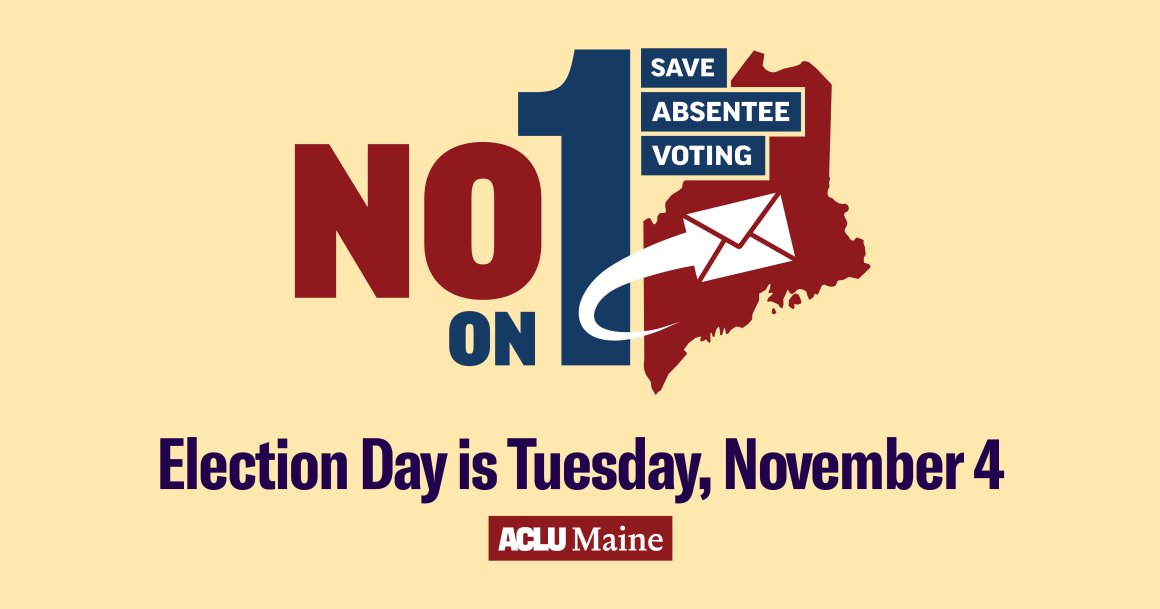
ACLU of Maine Investigates CBP Traffic Stop
The ACLU of Maine has filed an administrative complaint after an incident involving U.S. Customs and Border Protection (CBP) agents in Presque Isle. The complaint details a May traffic stop during which a Maine woman was detained and physically restrained after filming CBP officers stopping another vehicle. The ACLU argues the agents violated her constitutional rights to free speech and protection from unreasonable seizure. The agents also likely violated the Fourth Amendment rights of the stopped motorists, who were Hispanic. Courts have repeatedly found that race or ethnicity alone cannot provide reasonable suspicion to justify a traffic stop.
The filing challenges whether CBP has the legal authority to conduct minor traffic stops in Maine, a power typically reserved for state and local law enforcement. The ACLU is calling for greater transparency and oversight to prevent racial profiling, unlawful detention, and retaliation against those who document law enforcement officers, as the First Amendment allows.

Leaders Urge Mainers to Vote No on Question 1
This week, a coalition of state leaders and advocates urged Mainers to vote NO on Question 1, warning that the ballot measure would roll back years of progress on voting access. Question 1 would restrict absentee voting by ending phone requests, eliminating ongoing absentee status for seniors and people with disabilities, limiting ballot drop boxes, and more -- 28 new restrictions in all.
These changes would make it harder for thousands of Mainers, especially rural residents, older voters, and people with disabilities, to cast a ballot. Maine’s current system is secure, trusted, and fair, and we must protect voting rights by rejecting unnecessary barriers to casting a ballot.
Maine often leads the country in voter turnout and accessibility. Help us keep it that way by voting No on Question 1.
See what other nonprofit leaders are saying
 Houlton, Takes Down Facial Recognition Cameras to Comply with Maine Law
Houlton, Takes Down Facial Recognition Cameras to Comply with Maine Law

This week, officials in Houlton agreed to take down surveillance cameras after residents alleged they were equipped with facial recognition technology -- a direct violation of state law.
In 2021, the ACLU of Maine helped champion one of the strongest facial recognition bans in the country -- far stronger than any federal facial recognition law on the books. The ACLU of Maine has long made data privacy one of its top priorities, and the use of facial recognition technology by our local governments is especially concerning. Without regulations, officials can gather and use your biometric data (that's data related to your biology, like your fingerprint or the shape of your eyes) without your consent, and then use it however they like.
Houlton's use of cameras with facial recognition technology is great reminder that, despite our state law, we have to remain vigilant in ensuring these laws are enforced, and officials are held accountable.

2025 Scolnik Award Reception: Celebrating Anna Welch
In two weeks, the ACLU of Maine will host the 2025 Scolnik Award Reception at Portland’s Ocean Gateway on Wednesday, November 12, from 5–7 p.m. This year’s event honors Professor Anna Welch, founding director of the Refugee and Human Rights Clinic at Maine Law, for her leadership as an educator, attorney, and advocate for immigrant rights.
The Scolnik Award recognizes individuals who have made outstanding contributions to civil liberties in Maine. Professor Welch’s work has helped ensure that vulnerable Mainers receive the legal support and representation they deserve, while inspiring a new generation of advocates committed to justice and human rights.
Ticket sales will stop at 11:59pm on November 10th, so buy your tickets now. The event will be held at Ocean Gateway in Portland, where you can join fellow civil liberties supporters over cocktails, hors d'oeurves, and live music.







